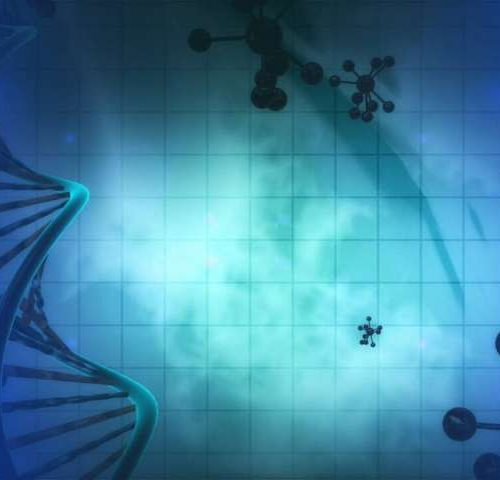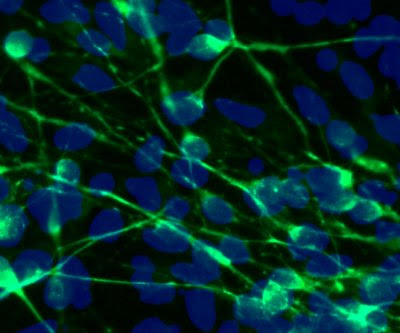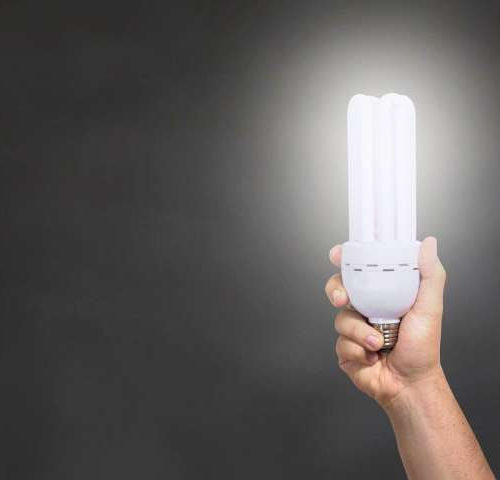by Yale University Yale pharmacology professor Barbara Ehrlich and her team have uncovered a mechanism driving a rare, lethal disease called Wolfram Syndrome and also a potential treatment. Their findings appear in the July 6 edition of Proceedings of the National Academy of Sciences. Wolfram Syndrome—a progressive degenerative disease that affects about one in 500,000...
Tag: <span>bipolar disorder</span>
Altered potassium levels in neurons may cause mood swings in bipolar disorder
Salk researchers also find additional differences between the neurons of people with bipolar disorder who respond to lithium and those who don’t People with bipolar disorder experience dramatic shifts in mood, oscillating between often debilitating periods of mania and depression. While a third of people with bipolar disorder can be successfully treated with the drug...
Light therapy holds promise for people with bipolar disorder
by Kerry Blackadar, University of British Columbia But much less is known about the potential benefits of light therapy for people with bipolar disorder, one of the leading causes of disability worldwide. In a meta-analysis recently published in the Canadian Journal of Psychiatry, Dr. Raymond Lam—a professor in the department of psychiatry, director of the...
Researchers identify 20 novel gene associations with bipolar disorder
by The Mount Sinai Hospital In the largest study of its kind, involving more than 50,000 subjects in 14 countries, researchers at the Icahn School of Medicine at Mount Sinai and more than 200 collaborating institutions have identified 20 new genetic associations with one of the most prevalent and elusive mental illnesses of our time—bipolar disorder. The study is reported in the May...
Probiotics could help millions of patients suffering from bipolar disorder
About 3 million people in the US are diagnosed every year with bipolar disorder, a psychiatric condition characterized by dramatic shifts in mood from depression to mania. Currently, the standard treatment includes a combination of psychotherapy and prescription medications such as mood stabilizers and antipsychotics. However, an emerging field of research is exploring the use...
Mutation links bipolar disorder to mitochondrial disease
Mutations in the gene ANT1 may confer a risk for bipolar disorder through a complex interplay between serotonin and mitochondrial signaling in the brain. These two pathways have been separately implicated in bipolar disorder, but the link between levels of the neurotransmitter serotonin and mitochondrial dysfunction had not been established. Researchers at the RIKEN Center for Brain...
Is it major depression or bipolar disorder? Ask the heart
All test subjects in the study underwent a 15-minute-long electrocardiogram People suffering from bipolar disorder swing between emotional highs (manic episodes) and severe depression. Perhaps not surprisingly, they’re often mistakenly diagnosed as simply having major depression, which actually requires a different treatment. According to a new study from Illinois’ Loyola University, however, the two...
Traumatic brain injuries may be helped with drug used to treat bipolar disorder
A drug used to treat bipolar disorder and other forms of depression may help to preserve brain function and prevent nerve cells from dying in people with a traumatic brain injury, according to a new Rutgers University study. In research published in Scientific Reports, Rutgers scientists discovered that lithium – used as a mood stabilizer and...



